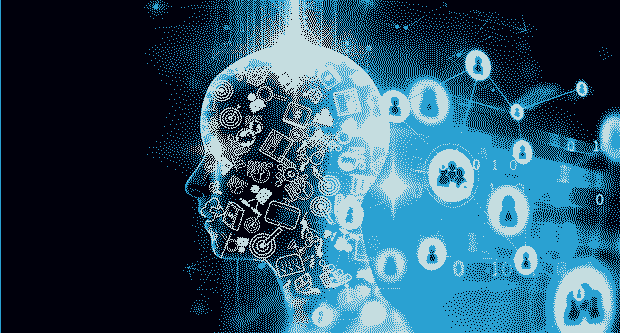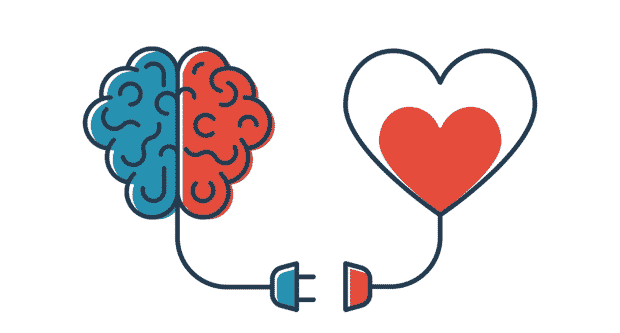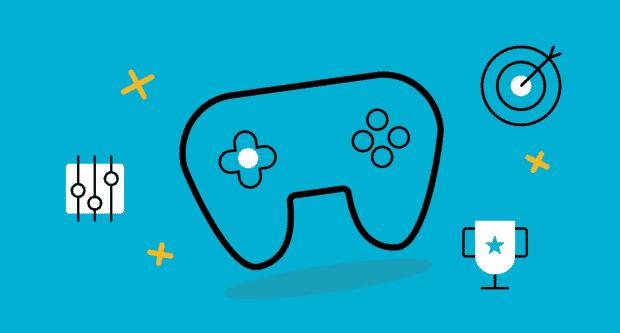Question: What could be the impact of artificial intelligence on personalized learning?
In the ever-evolving landscape of education, artificial intelligence (AI) is emerging as a transformative force, reshaping the traditional methods of teaching and learning. Personalized learning, powered by AI, tailors educational experiences to meet the unique needs, abilities, and learning styles of individual students. This approach not only enhances student engagement and achievement but also prepares learners for a future where adaptability and continuous learning are paramount.
Understanding Personalized Learning
Personalized learning refers to instructional methods and environments that are tailored to the preferences, needs, and interests of each student. Unlike the one-size-fits-all approach, personalized learning recognizes that students learn at different paces and in different ways. It aims to create a more inclusive and effective educational experience by focusing on individual strengths and addressing weaknesses.
The Role of AI in Personalized Learning
AI technologies are at the forefront of this educational revolution, providing tools and insights that enable personalized learning on an unprecedented scale. Here’s how AI is making a significant impact:
1. Adaptive Learning Systems
Adaptive learning systems use AI algorithms to analyze student performance and provide customized resources and activities. These systems adjust the difficulty level of tasks based on real-time feedback, ensuring that each student is challenged appropriately. For instance, if a student struggles with a particular math concept, the system can offer additional practice problems and instructional videos tailored to that concept.
Example: DreamBox, an adaptive math program, uses AI to analyze how students solve problems and provides personalized lessons that cater to their learning needs. This approach helps in closing the knowledge gaps and accelerating learning.
2. Intelligent Tutoring Systems
Intelligent Tutoring Systems (ITS) use AI to mimic the personalized attention a student might receive from a human tutor. These systems provide instant feedback and guidance, helping students understand complex concepts at their own pace. ITS can also identify and address misconceptions, providing targeted interventions to prevent students from falling behind.
Example: Carnegie Learning’s MATHia platform uses AI to provide personalized math instruction. It tracks student progress and provides tailored feedback and hints, effectively acting as a virtual tutor that adjusts to each student’s learning curve.
3. Personalized Learning Pathways
AI-powered platforms can create personalized learning pathways for students, mapping out a tailored sequence of educational activities based on their strengths, weaknesses, and interests. These pathways ensure that students are engaged and motivated by content that is relevant and challenging to them.
Example: Knewton, an adaptive learning platform, uses AI to create personalized learning pathways by analyzing student performance data. It recommends the most effective content and activities for each student, ensuring a more personalized learning journey.
4. Enhanced Student Engagement
AI can enhance student engagement by providing interactive and immersive learning experiences. Virtual reality (VR) and augmented reality (AR) technologies, powered by AI, can create realistic simulations and gamified learning environments that capture students’ interest and make learning more enjoyable.
Example: Nearpod combines AI with VR to create immersive educational experiences. Students can explore historical events or scientific phenomena in a virtual environment, making learning more engaging and memorable.
5. Real-time Analytics and Feedback
AI provides educators with real-time analytics and feedback on student performance, allowing them to make informed decisions and tailor their instruction accordingly. These insights help teachers identify struggling students early and provide timely interventions to support their learning.
Example: Classcraft’s AI-driven analytics platform provides real-time data on student engagement and performance. Teachers can use this information to adjust their teaching strategies and provide targeted support to students in need.
6. Personalized Assessments
Traditional assessments often fail to capture the full range of a student’s abilities and knowledge. AI can develop personalized assessments that adapt to a student’s performance, providing a more accurate measure of their understanding and skills.
Example: Pearson’s AI-powered assessment tools adapt the difficulty of questions based on student responses, offering a more personalized and accurate assessment of their capabilities.
7. Learning Style Adaptation
AI can identify and adapt to individual learning styles, providing content in formats that suit each student’s preferences. Whether a student learns best through visual, auditory, or kinesthetic means, AI can tailor the educational experience to match their learning style.
Example: The MindSpark platform uses AI to adapt educational content to different learning styles. By analyzing how students interact with the content, it provides personalized resources that align with their preferred learning methods.
8. Automating Administrative Tasks
AI can automate administrative tasks, freeing up valuable time for educators to focus on personalized instruction. Tasks such as grading, scheduling, and data entry can be handled by AI, allowing teachers to concentrate on delivering high-quality, individualized education.
Example: Gradescope uses AI to automate the grading process, providing consistent and quick feedback to students while reducing the workload for educators. This allows teachers to spend more time on personalized instruction and student support.
Benefits of AI-Powered Personalized Learning
The integration of AI into personalized learning offers numerous benefits, including:
1. Improved Learning Outcomes
Personalized learning ensures that students receive instruction that is tailored to their needs, leading to better understanding and retention of material. AI helps identify areas where students need additional support, ensuring that no one falls behind.
2. Increased Student Engagement
By providing content that is relevant and challenging, AI-powered personalized learning keeps students engaged and motivated. Interactive and immersive learning experiences make education more enjoyable and effective.
3. Efficient Use of Resources
AI optimizes the use of educational resources by providing targeted instruction and support. This ensures that time and materials are used effectively, maximizing the impact of educational efforts.
4. Support for Diverse Learners
AI-powered personalized learning accommodates diverse learning styles and needs, making education more inclusive. Students with different abilities and backgrounds can receive the support they need to succeed.
Challenges and Considerations
While AI has the potential to revolutionize personalized learning, there are challenges and considerations to keep in mind:
1. Data Privacy and Security
The use of AI in education involves the collection and analysis of large amounts of student data. Ensuring the privacy and security of this data is paramount to protect students and maintain trust.
2. Equity and Access
Ensuring that all students have access to AI-powered personalized learning tools is essential to prevent widening the digital divide. Efforts must be made to provide equitable access to technology and resources.
3. Teacher Training
Educators need training and support to effectively integrate AI into their teaching practices. Professional development programs can help teachers harness the full potential of AI in personalized learning.
The Future of AI in Personalized Learning
The future of AI in personalized learning is bright, with ongoing advancements promising even more sophisticated and effective educational experiences. As AI technologies continue to evolve, we can expect further improvements in adaptive learning, intelligent tutoring, and personalized assessments.
Conclusion
Artificial intelligence is revolutionizing personalized learning by tailoring educational experiences to individual student needs, abilities, and learning styles. Through adaptive learning systems, intelligent tutoring, personalized learning pathways, and real-time analytics, AI is enhancing student engagement, improving learning outcomes, and supporting diverse learners. While challenges remain, the potential benefits of AI-powered personalized learning are immense, promising a more inclusive and effective education system for the future.



